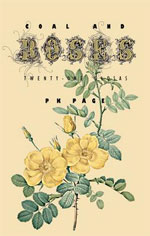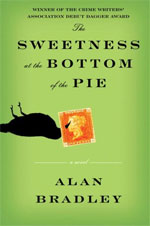
Karen Solie’s poems have a voice that is a potent amalgam of emotions and perspectives. In that voice is the spiritual grit and respect for the natural world of someone raised on a farm. In it, too, is the cynical resilience of someone who has chosen to be an urban dweller, and who manages to celebrate what is harsh and quirky about that environment. It’s all tempered with revelatory sensitivity and tenderness, often prompted by chance collisions of those natural and less natural worlds. “Migration” – movingly dedicated to her aunt when Solie read it at the Griffin Poetry Prize readings in Toronto this spring – is a standout.
“Pigeon” richly deserves its Griffin Poetry Prize, Pat Lowther Award and Trillium Book Award distinctions. Solie’s body of work, while still modest in numbers of collections, constitutes a high watermark in Canadian poetry.


